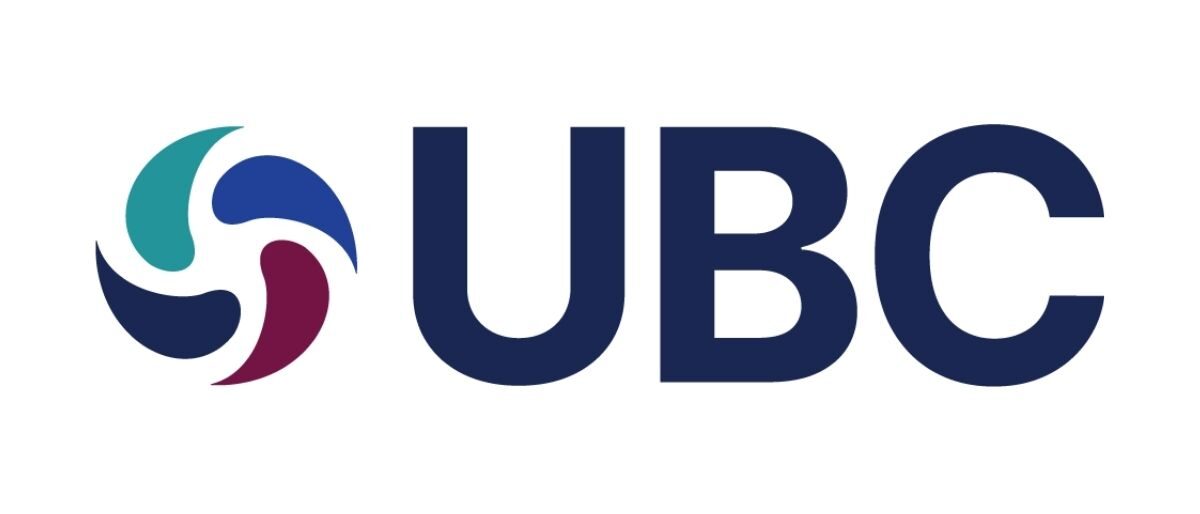Nursing services are a fundamental part of the overall healthcare delivery system. Nurses continually rank amongst the highest and most trusted of all professions1. Nurses are responsible for educating patients and caregivers, administering medications, assessing patient symptoms, collaborating with other healthcare professionals, helping patients heal, and many other patient-centric duties. There is also an inherent understanding of what to expect when engaging with a nurse.
Nursing services take place in a variety of settings, including in the patient’s home. On an annual basis, as many as 15 million patients receive care in their home2. These activities expand the reach of the traditional hospital or provider’s office and make access to support from trained professionals accessible to patients with acute or long-term health conditions, disabilities, or terminal conditions. The nurse’s function is essential, and they often establish deep-rooted emotional connections with patients and their supporting communities.
Nursing services in the patient’s home can also supplement various pharmaceutical company-sponsored patient support programs. These programs are designed to wrap around patients, their caregivers, and their family members with impactful support. Nurses are adept at building trust and empowering patients, nurses advocate for the patient and offer a robust array of skills and experience for patients who are newly diagnosed, newly prescribed, or anywhere else in their treatment journey.
Through the nursing scope of practice, nurses engage with patients in significant ways that help them take their medications as prescribed, overcome barriers and challenges that impede proper therapy adherence, help patients better understand their own role in their personal health outcomes, and improve quality of care.
All pharmaceutical company-sponsored patient support programs share a common goal of striving for the best possible outcomes from drug therapy. This can be achieved through educating patients on product and/or disease state, training patients for self-administration, or utilizing site-of-care in-home nurses to perform medication administration when required by the product label. Nurse-to-patient interactions have been associated with a decrease in adverse events, improvement in the patient’s health, as well as maintaining those improvements over time3.
For nearly 25 years, UBC has been providing in-home nursing services in conjunction with the overall administration of pharmaceutical company-sponsored patient support programs. Our history includes being the administrator for more than 160 different patient support programs representing more than 20 different disease states while coordinating nearly one million in-home nursing visits.
UBC operates a nationwide network of registered nurses sourced from more than 2,000 home health locations. Through our robust network footprint, UBC provides pharmaceutical company-sponsored patient support programs with access to more than 20,000 RNs. We can confidently say we have a trained clinician within reasonable driving distance of 90% of the U.S. population.
UBC’s goal is to get patients on therapy quickly and enable patients to stay on therapy as long as needed. UBC is patient-driven and client-focused, dedicated to crafting dynamic service offerings that support your vision. Contact UBC today to create a plan that enables your patients to maximize the benefit of your therapeutics.
References
- “Nurses Retain Top Ethics Rating in U.S., but Below 2020 High.” https://news.gallup.com/poll/467804/nurses-retain-top-ethics-rating-below-2020-high.aspx. Accessed 09/14/2023.
- National Association for Home Care & Hospice. “Basic Statistics About Home Care.” https://www.nahc.org/wp-content/uploads/2017/10/10hc_stats.pdf. Accessed 09/14/2023.
- Molina-Mula J, Gallo-Estrada J. (2020). Impact of Nurse-Patient Relationship on Quality of Care and Patient Autonomy in Decision-Making. International Journal of Environmental Research & Public Health. 2020 Feb; 17(3): 835. doi: 10.3390/ijerph17030835. PMID: 32013108; PMCID: PMC7036952. https://www.ncbi.nlm.nih.gov/pmc/articles/PMC7036952/
About the Author

Edward Culliton is the Senior Manager of Corporate Procurement & Facilities Services at UBC. He has more than 30 years of experience in healthcare management, with the last 10 years managing UBCs’ Nationwide Network – including identification, qualification, contracting, onboarding, and systems data management of nursing and pharmacy suppliers.





